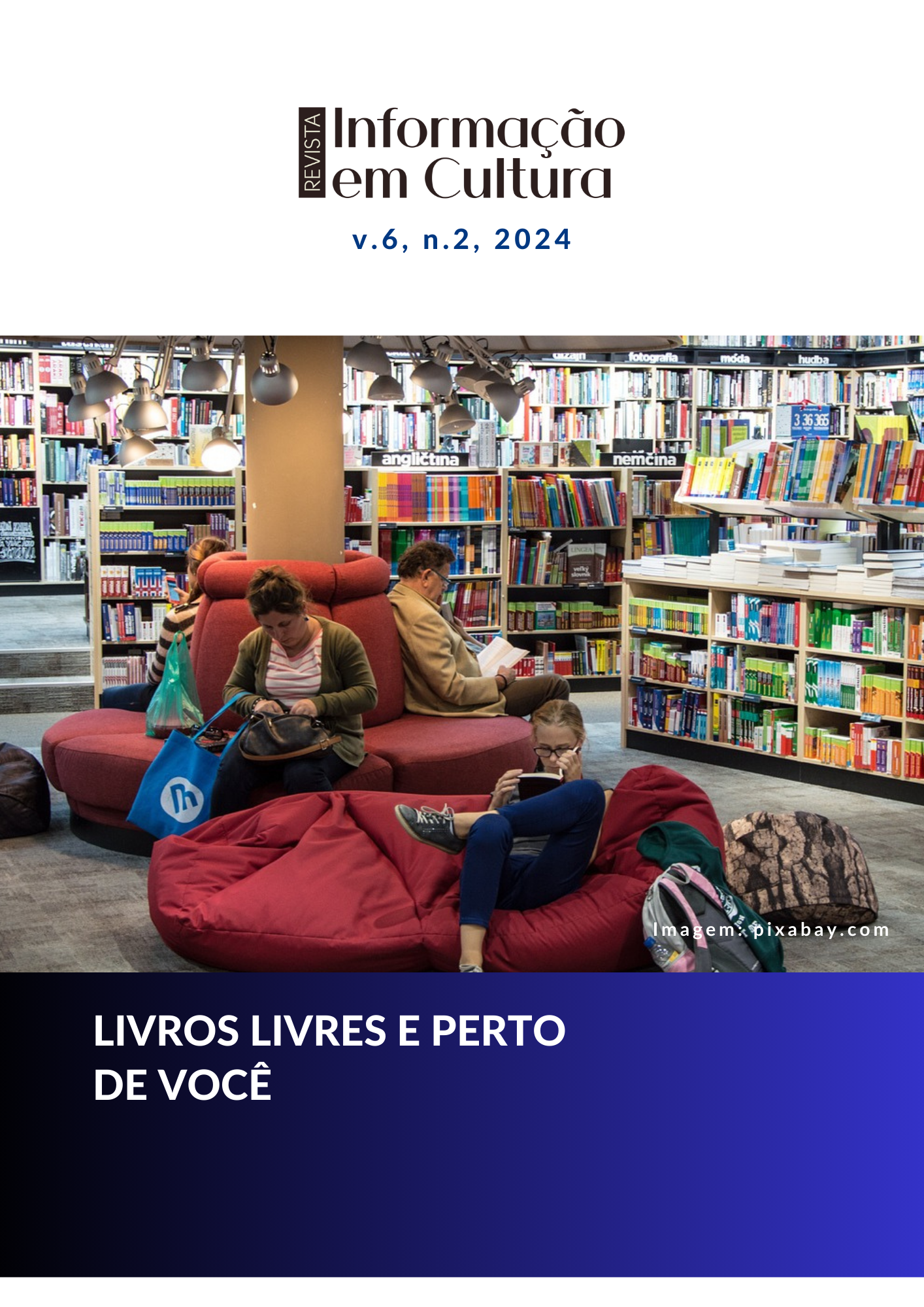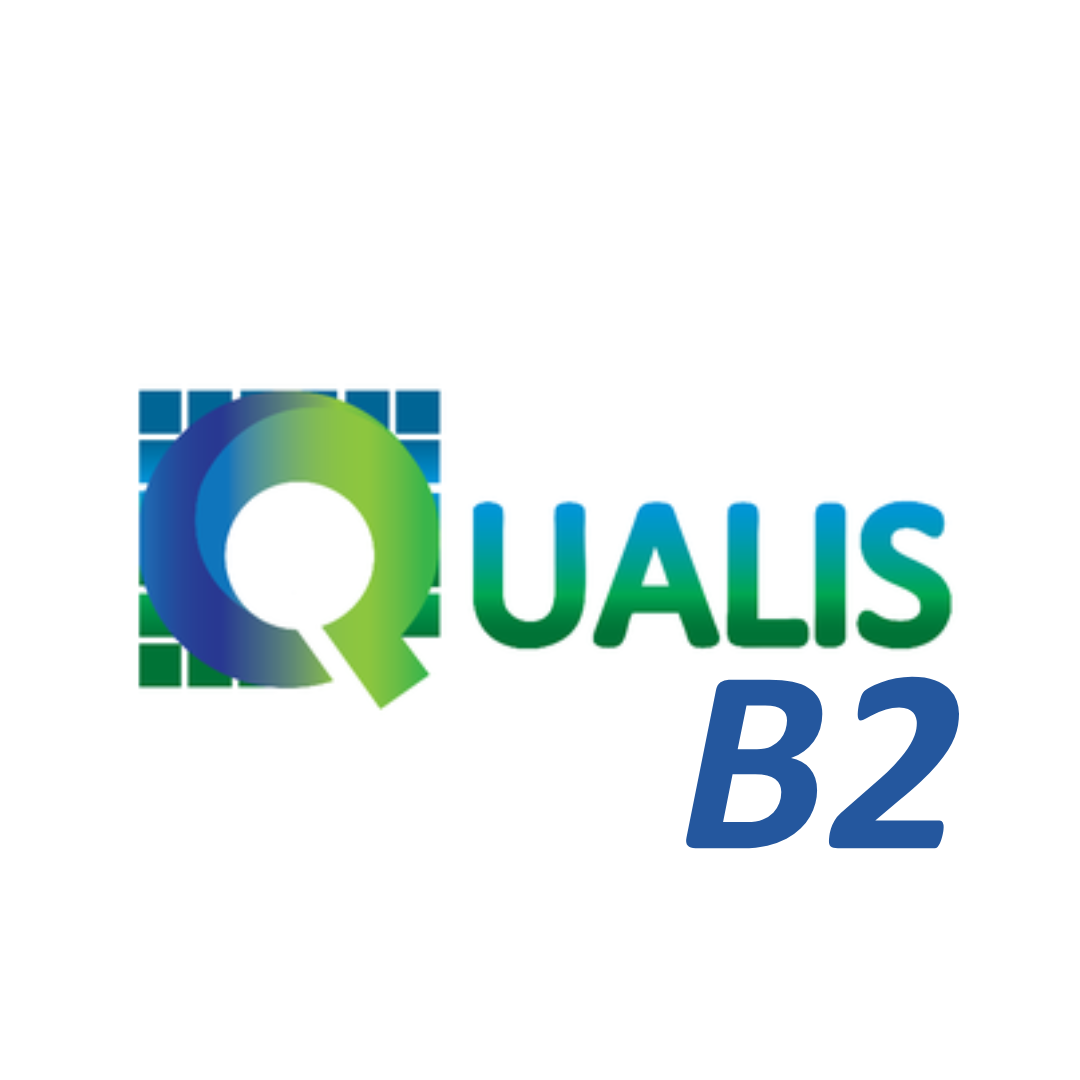Letramento digital e alfabetização de crianças na pandemia
desafios vividos na docência
DOI:
https://doi.org/10.21708/issn2674-6549.v6i2a12501.2024Palavras-chave:
Alfabetização de crianças, Letramento digital, Covid-19, Prática pedagógica, Child literacy, Digital literacy, Pedagogical practiceResumo
Português
Durante os anos de 2020 e 2021 a humanidade enfrentou a pandemia da Covid-19, o que evidenciou problemas políticos, sociais, econômicos, educacionais, dentre outros. Na esfera educacional, os profissionais da educação, alunos e seus responsáveis se depararam com a necessidade de trabalhar com o ensino remoto e isso exigiu o domínio das tecnologias e ferramentas digitais, no processo do ensino e da aprendizagem. Diante disso, esta pesquisa tem como objetivo geral compreender as significações (sentidos e significados) constituídas por uma professora da zona rural do alto sertão do estado da Paraíba sobre os desafios vividos na prática pedagógica de alfabetização e letramento digital de crianças no período da pandemia da covid-19. O estudo é de natureza qualitativa, tendo na Psicologia Sócio-Histórica o seu aporte teórico-metodológico. Os dados da pesquisa foram construídos por meio de um questionário reflexivo aplicado a uma professora. A análise foi desenvolvida com base na metodologia dos núcleos de significação. A partir do levantamento de pré-indicadores e sistematização de indicadores foram desveladas as significações constituídas pela professora. Embora recursos tecnológicos tenham sido utilizados durante o período da pandemia, eles não atenderam plenamente as necessidades de professores e crianças em processo de alfabetização, não por ineficiência, mas, sobretudo, pelos limites formativos dos docentes, referentes ao processo de alfabetização por meio do ensino remoto, cujas estratégias exigiam domínio das ferramentas digitais. Os resultados indicaram que muitas famílias não dispunham de equipamentos e acesso à internet, além de não conseguirem auxiliar as crianças no processo de alfabetização.
Inglês
During the years 2020 and 2021, humanity faced the COVID-19 pandemic, which highlighted political, social, economic, educational, and other problems. In the educational sector, education professionals, students, and their guardians were faced with the need to work with remote teaching, which required mastery of digital technology tools in the teaching and learning process. In view of this, this research has the main objective of understanding the meanings (senses and significance) constituted by a teacher from the rural area of the high backlands of the state of Paraíba about the challenges experienced in the pedagogical practice of literacy and digital literacy of children during the COVID-19 pandemic. The study has a qualitative approach, and it is grounded on Social-Historical Psychology. The research data was constructed through a reflective interview answered by a teacher. The analysis was based on the meaning nucleus methodology. Pre-indicators and systematization of indicators were identified in the teacher's speech, revealing the meanings constituted by her. Although technological resources were used during the pandemic period, they did not fully attend to the needs of teachers and children in the literacy process, not due to inefficiency, but, above all, due to the training limitations of teachers, regarding the literacy process through remote teaching, whose strategies required mastery of digital tools. The results indicated that many families did not have equipment and internet access, in addition to being unable to help children in the literacy process.
Downloads
Downloads
Publicado
Como Citar
Edição
Seção
Licença
Copyright (c) 2024 Licenças Creative Commons

Este trabalho está licenciado sob uma licença Creative Commons Attribution-ShareAlike 4.0 International License.





